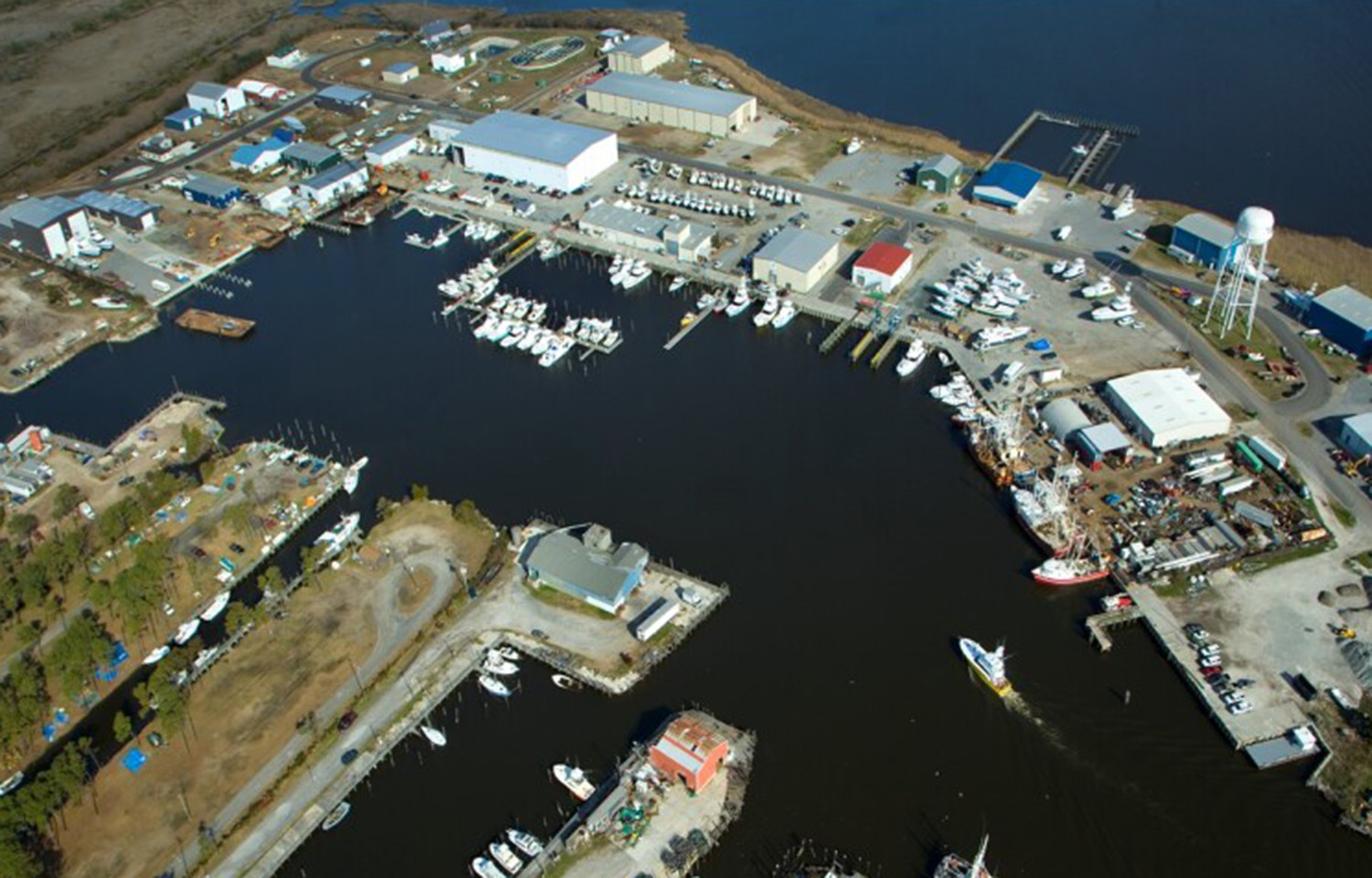After 88 years of operation, a historic fish offloading and packing enterprise in a small North Carolina fishing village, which was originally owned by the Wanchese Company but is now under Cooke USA onwership, will be shuttered 29 March.
Cooke USA will close its fish offloading and packing operations in Wanchese, North Carolina, at the end of the month, but the Wanchese Company confirmed that its primary processing plant, administrative offices, and cold storage facility, which are located in Suffolk, Virginia, and also owned by Cooke, will remain open and operating.
The closure of the Wanchese operation, which is located in a community of just over 2,000 residents, will result in the loss of about 10 jobs.
News of the closing upset residents such as Butch Midgett, manager of the Wanchese Fish Facility, who said that workers, as well as the community, will need time to absorb and adjust to the fallout from the impending shutdown.
"It’s difficult for all of us, but everybody understands,” Midgett said, who has headed up the operation for three years. “We’re all adjusting to the change.”
Fisherman Keith Bruno, who is based in Oriental, North Carolina, pointed out that the facility’s closure is just another example of the shrinking commercial fishing industry in North Carolina, which is specifically dealing with tight regulations that make it hard to operate effectively.
"Making a living fishing or buying and selling fish is more difficult every passing year. Overreaching regulations are taking opportunities away from our families on an almost daily basis,” Bruno said. “Never before have I personally observed such a huge discrepancy of the numbers of fish and the health of a species described by a state-run agency versus what the commercial fishermen are seeing. Common sense regulations are warranted, and we all have an investment in a sustainable way forward. But, the commercial fishing community is experiencing all-time-low numbers, with increasing pressure to bring less seafood to the dock."
Though regulations have hampered the effectiveness with which fishermen can operate, according to Bruno, he acknowledges that several issues have plagued the industry.
“Multiple species, gear types, and areas are experiencing a systematic elimination of a historical way of life,” Bruno said. “Sometimes, even strong and determined people get tired of fighting every evening just for the opportunity to go to work the following morning. They finally give up. The ones who are left, we work, we pray, and we fight for what’s right – for ourselves, for our family, for our seafood-loving communities, and for our history.”
Midgett echoed Bruno, specifically emphasizing that the last few years have gotten more difficult for the state’s fishermen.
"Fish populations have been moving north. The weather here has been windy with water temperatures getting warmer,” Midgett said. "But, it isn’t all about climate change; it’s been a perfect storm of bad weather, cheap fish prices, some important fish species moving north during certain times of the year, high fuel prices, an inlet and a channel that is still not trusted, and restrictive regulations.”
The market size of the fishing industry in the United States experienced an overall decrease from 2013 to 2022. In 2022, the sector’s value amounted to USD 9.6 billion (EUR 8.8 billion), down from the previous year’s total of USD 10.9 billion (EUR 10 billion).







